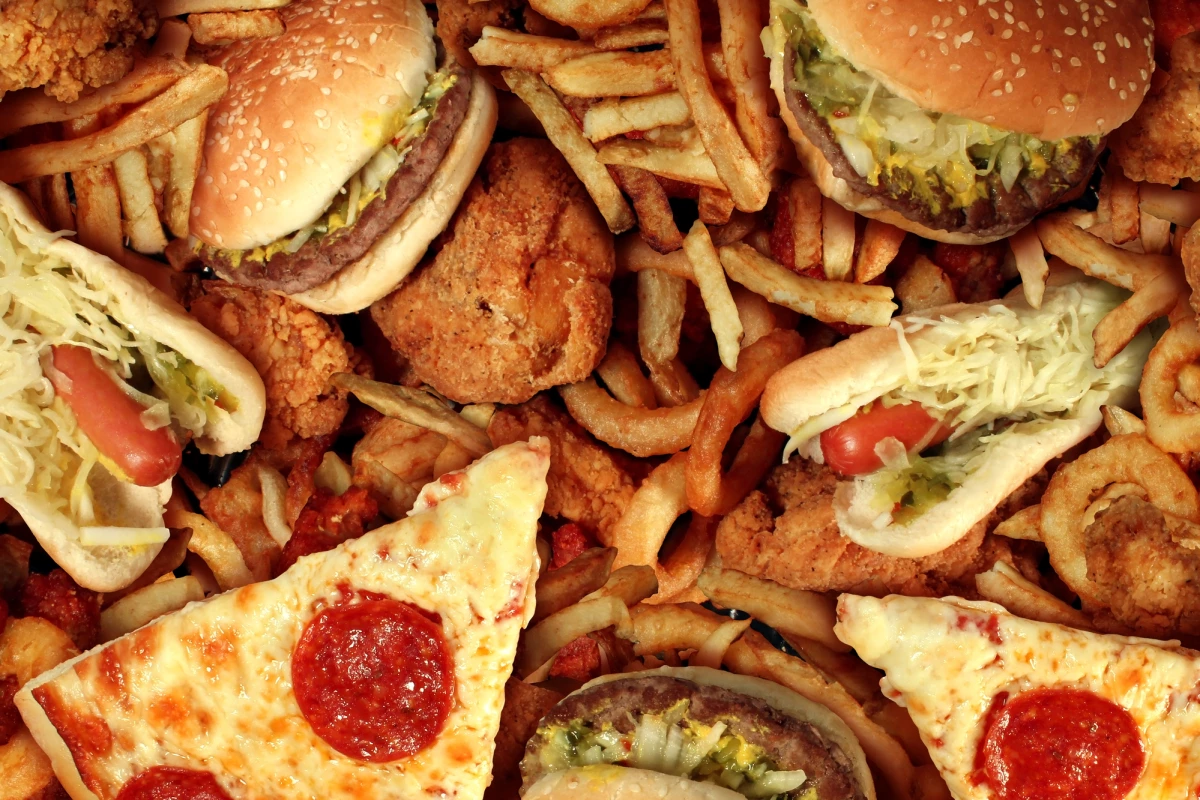In addition to seeking ways to enhance fat metabolism and increasing our understanding of the genetics of weight gain, one of the major avenues of current obesity research essentially involves trying to figure out ways to get people to eat less. But what if we tackled the problem from a different angle? What if there were a way to eat whatever we want but simply blocked our stomach from metabolizing fats and sugars?
A team of Swedish researchers may have found a way to do just that. Using expressly engineered tiny silica particles, energy absorption of high-fat foods can be significantly reduced, and the researchers are already testing the method in human trials.
“We chose an innovative alternative approach,” says Stockholm University’s Tore Bengtsson, explaining his team’s research process. “Mesoporous silica particles (MSPs) are a type of ingestible synthetic silica particles that can be produced with a large surface area and a range of pore sizes.”
Prior research has suggested MSPs can induce weight loss in obese mice when added to the animal’s standard diet. The new study set out to test several different shaped and sized MSPs to ascertain the best structure to tackle obesity and food uptake.

Across a seven-week experiment mice were fed a high-fat/high-calorie diet mixed with a variety of different MSPs. Four percent of the total volume of the food pellets fed to the animals contained the MSPs.
Strikingly, the most successful MSP tested was found to reduce food efficiency by 33 percent. Food efficiency was calculated as the percentage of food intake stored as fat. The researchers also noted the most successful MSP tested led to overall lower weight gain, and lower levels of circulating insulin.
It is unclear at this stage exactly how the MSPs are disrupting the body’s ability to metabolize food. The researchers hypothesize the MSPs may be inhibiting the activity of certain digestive enzymes such as lipases, the enzymes that digest and transport food fats in the digestive system. The study does note that the MSPs do not entirely block all lipase activity, implying other mechanisms must be at play.
Early safety indications suggest no negative health effects are conferred by the addition of these MSPs to animal diets. Appetite levels are unchanged, all inflammatory markers remained normal, and longer-term studies examining toxicity suggest no adverse effects from these kinds of silica particles.
The researchers note the particles used in the study are micron-sized and not as small as nanoparticles. So, the growing concerns relating to the possible health effects of nanoparticles do not necessarily apply here. In fact, the researchers point out the MSPs used in the study are chemically similar to currently approved silica food additives such as silicon dioxide – known as E551 – that are added to a large assortment of different foods.
Bengtsson suggests this pre-existing safety profile allows the research to swiftly move into human clinical trials.
“The data presented in this study suggest that tailored MSPs could be used to treat obesity and diabetes in humans, especially when taking into account their excellent safety profiles,” he says. “Since we completed this work, clinical trials have been devised and are now underway.”
The new study was published in the journal Nanomedicine.
Source: Stockholm University




